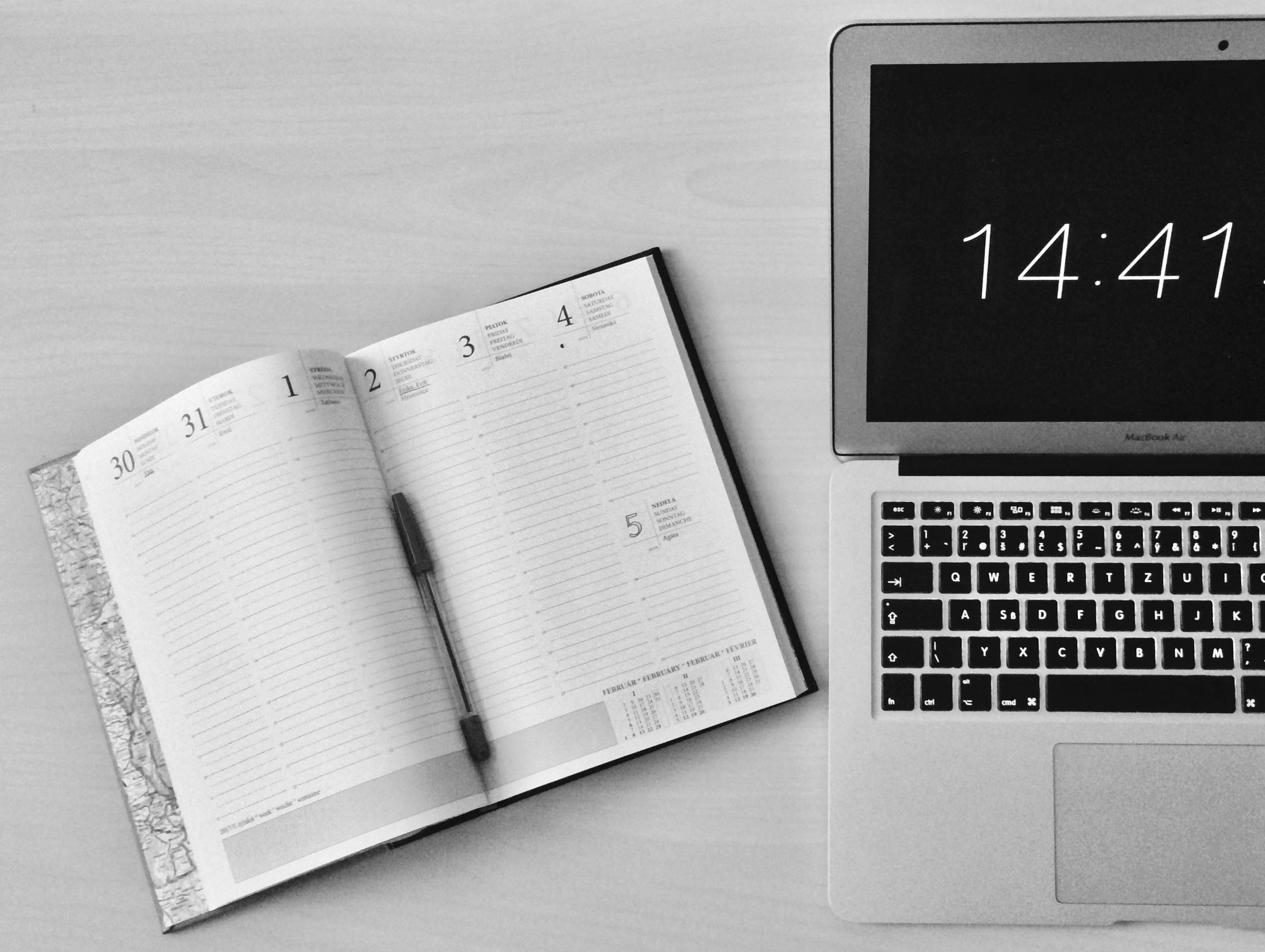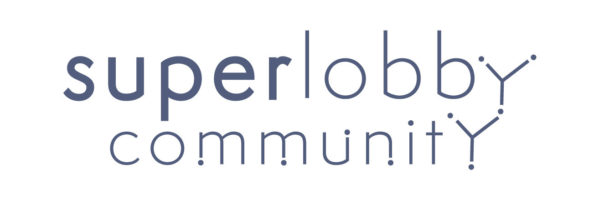
In the real world, there is an abundance of everything but a scarcity of time. Most of us need to make magic happen under chaotic and stressful conditions. Being more productive seems an obvious way out. That’s why I needed to devise mechanisms, checks and balances, routines and practices in order to make Superlobby (whatever it means) possible, and in this blog I’ll share with you how to do that.
Guarding your agenda with your life
You will never have time if you do not vigorously guard your agenda. To some degree, other people create my problems. People shooting things into my agenda without asking or planning meetings of one hour when half an hour would more than suffice. It should be a very special meeting if it takes one hour. A great way to save time on meetings; don’t go to them. A lot of meetings can be substituted by calls or e-mails, or worse don’t serve a purpose altogether. Truth be told, at least half of my time management problems are created by myself; scheduling meetings to close or to be scattered during the day, allowing people to disrupt my workflow. Going to meetings when I shouldn’t. A lot started to make sense when I understood the difference between a maker’s agenda and a manager’s agenda, a concept developed by programmer Paul Graham. It revolved around the idea that a manager’s day is sliced up into tiny slots while the maker’s agenda is made up of long blocks of time reserved for focusing on particular tasks, or the entire day might be devoted to one activity. Not understanding the difference will put you on a permanent rollercoaster. Another time hack someone recommended was to make Teams meeting standard 25 minutes instead of 30. Another hack is to use the following phrase as often as you can “I only have 15 minutes, but we should be able to finish most decisions in these 15 minutes”.
Time management also means managing your weekly and daily routines. Mondays are for meetings. I try to stack as many meetings as I can on Monday. Monday is a perfect day to have start-of-the-week and regular meetings. It is also somewhat comforting knowing I am not going to get any work done anyway on Monday. For the rest of the days I try to cluster meetings while at the same time blocking time for uninterrupted work or “Deep Work” as the writer Cal Newport would call it. Meetings are either all in the morning, all in the afternoon, or on the outskirts of the day. Early mornings are for reading; anything from legislation to newspapers to books. I try to do that between 0700 and 0900 before chaos erupts. Finally, at least one day is spent playing outside; hanging in and around parliaments and ministries, restaurants, coffee bars and receptions.
[Like this blog? Sign up for my newsletter to get similar context every week!]
Dolce Far Niente and the Superlobbyist Agenda
Apart from the manager’s and maker’s agenda, there is also such a thing as a Superlobbyist agenda. You need to go outside. Often and regularly. At least 50% of your time.
Having meetings, reading and producing analysis behind the desktop might be valuable and certainly necessary, the real war is won outside. Whether you are a lobbyist, an activist, a parliamentary journalist or hell – even an academic; working on your network will increase the uptake of your message and your work. You are as strong as your network. Moreover, all the real stuff is happening outside anyway; parliamentary debates, deals, gossip, insider information. Again; you need to leave your desk often and regularly. Block your agenda for a whole day for this. In Brussels, I love hanging at the tractor bar or the mickey mouse bar on the 3rd floor. Doing nothing – just being visible. Chatting with staffers, journalists and parliamentarians. For an outsider, this might look like the adult version of Ferris Bueller’s Day off, but nothing makes more sense than standing for hours at the central crossing where all information flows come together. And don’t feel guilty for drinking coffee and doing small talk. It’s not Dolce Far Niente, it’s core business.

